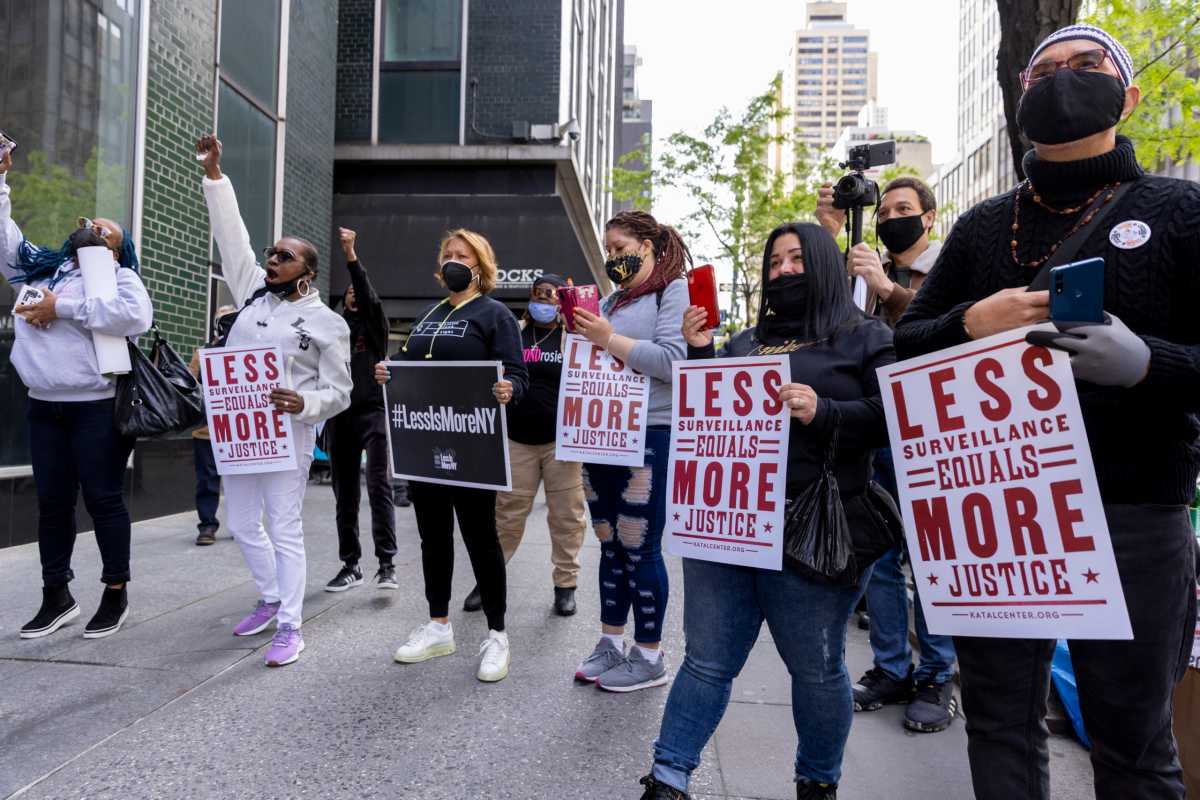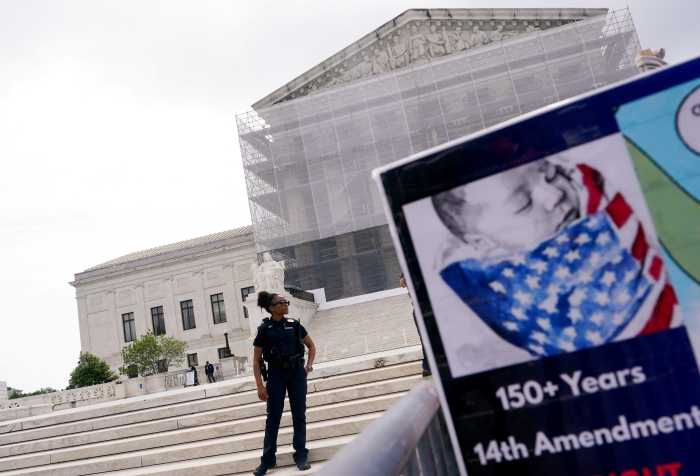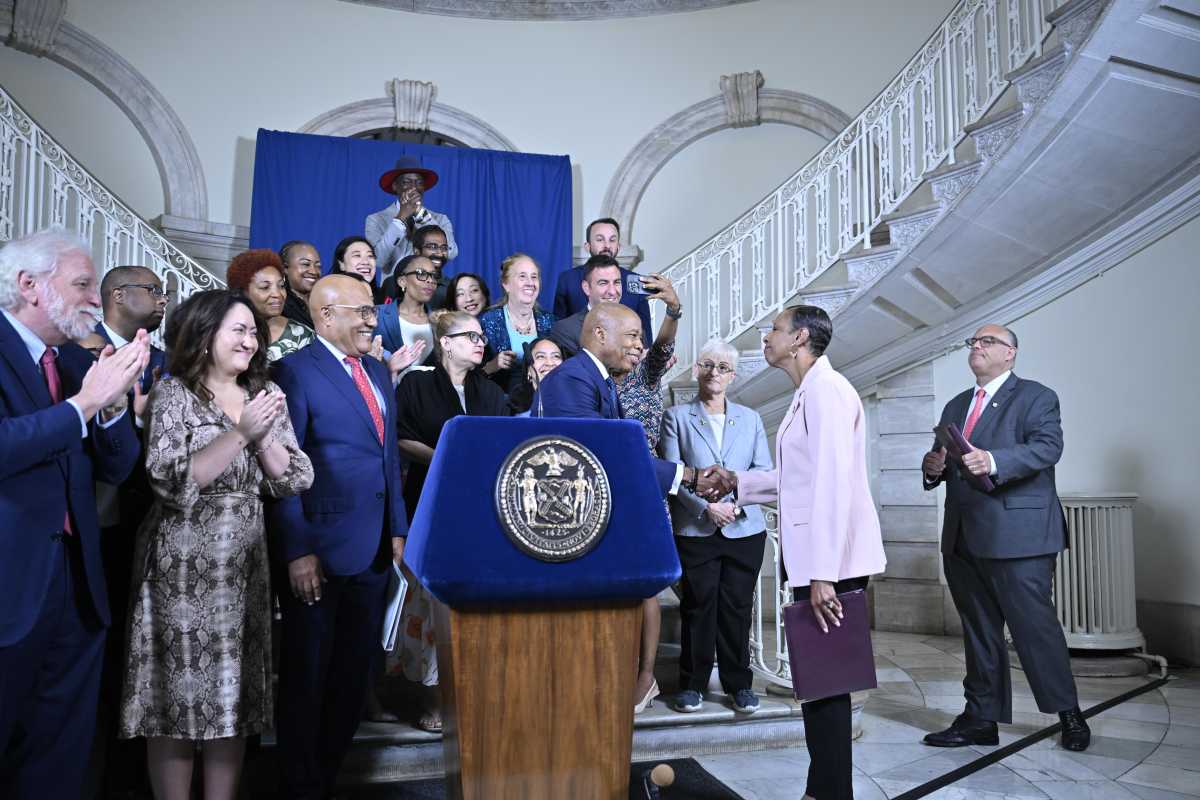The state Assembly recently passed a parole reform bill that would break the cycle of re-incarceration that disproportionately affects communities of color.
Non-criminal or minor parole violations would no longer result in re-incarceration with the Less is More Parole Reform Act.
New York state sends more people to prison for minor parole violations than any other state in the country. A Columbia University study found that in 2019, 40 percent of the people sent to New York prisons were incarcerated for parole violations. Some violations include not reporting to a parole officer, living at an unapproved residence, missing curfew or failing a drug/alcohol test.
Gabriel Sayegh, co-founder of the Katal Center for Equity, Health and Justice, said it is absurd to penalize people for missing an appointment.
“When you’re trying to live in a city like this and a train or bus is late, how many of us have had that experience, but for some people on parole, that means that they can end up back incarcerated,” Sayegh said.
According to the Less is More coalition, of the people sent back to prison in 2018, 85 percent were for technical parole violations. Black people are five times more likely to be re-incarcerated for a minor parole violation than white people, and Latinx people are 30 percent more likely.
Sayegh said that this bill is important not only to decrease re-incarceration rates but also to promote racial equity.
“This [bill] impacts the current practices that are racist in their application. Black and brown people are far more likely to be incarcerated for technical parole violations than are white people,” Sayegh said. “That problem is systemic. If you care about racial equity, this is a problem that is of urgent importance to address.”
The Katal Center is one of the many stakeholders in the Less is More coalition, pushing for this bill to be signed into law. Many New York district attorneys, police sheriffs, parole officers and citywide officials have also supported the bill.
Queens Assemblyman David Weprin, who advocated for this bill as the chair of the Committee on Correction, said putting people back in jail for minor parole violations is costly to New York taxpayers and does not improve public safety.
“All alternatives to incarceration should be explored,” Weprin said. “It’s going to be harder for them to get back into society and get a job. These are people who have been on parole who are eligible to be productive members of society.”
New York City spent $273 million to re-incarcerate people for technical parole violations in 2019; New York state spent $319 million, according to Columbia’s Justice Lab study. Collectively, state and local governments spent $683 million to re-incarcerate.
The bill now waits for Governor Andrew Cuomo’s signature. The legislation also stipulated that Cuomo could choose to implement the bill as soon as it is signed. If he doesn’t choose to do so, the bill would go into effect in March of 2022. Because of this, stakeholders are encouraging Cuomo to sign the bill immediately.
“People have children, they have lives they’re trying to live, and all of that gets disrupted when people get re-incarcerated,” Sayegh said. “The effect of this bill is going to be extraordinary once it’s implemented.”




































